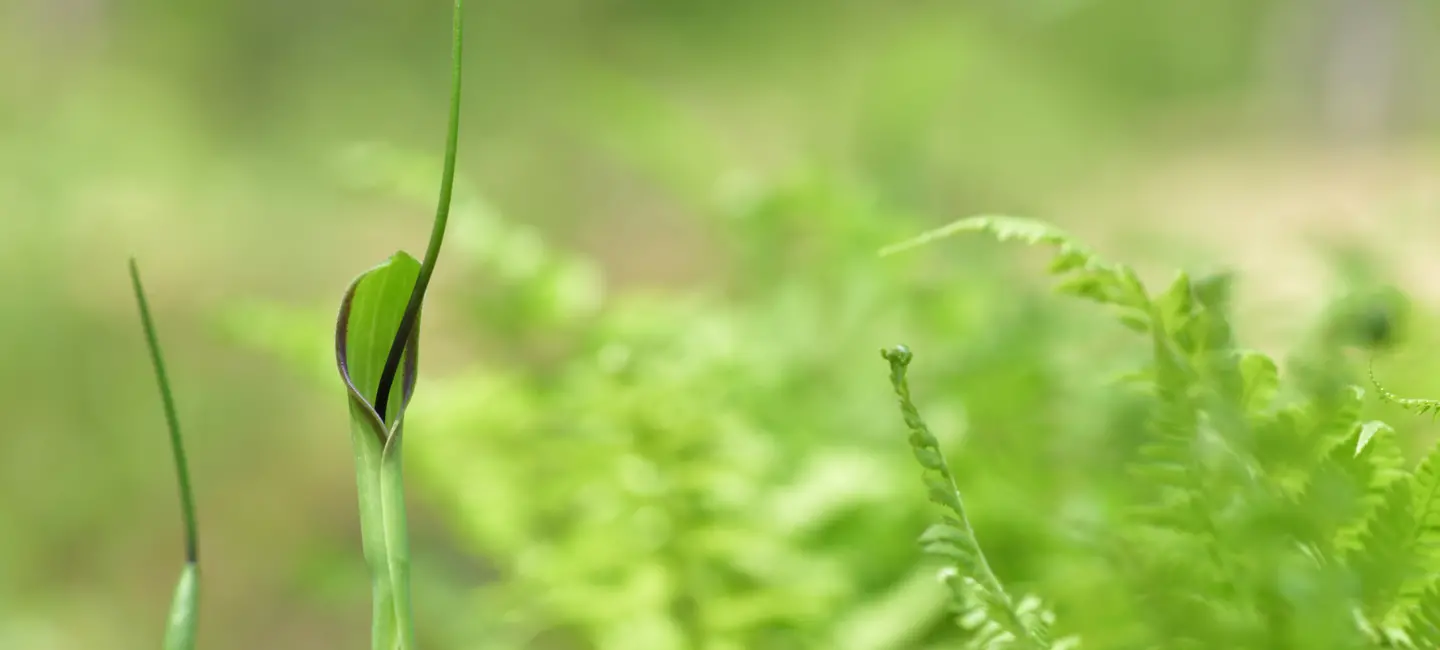
Pinellia ternata is a plant that is native to China, Japan, and Korea. It also grows as a weed in Europe and North America. An underground part called a tuber is used to make medicine.
Pinellia ternata is a common ingredient in Traditional Chinese Medicine, but there is no good scientific evidence to support its use.
Since April 2004, pinellia ternata has been banned in the US because it contains chemicals called ephedrine alkaloids. These chemicals might cause serious side effects such as heart attack, stroke, or seizures. The ban does not apply to traditional Asian medicines containing this ingredient. These products use Pinellia ternata tuber that has been processed to remove sharp crystals that can irritate the mouth, throat, and gut.
Is It Effective?
NatMed Pro rates effectiveness based on scientific evidence according to the following scale: Effective, Likely Effective, Possibly Effective, Possibly Ineffective, Likely Ineffective, Ineffective, and Insufficient Evidence to Rate.
- Nausea.
- Morning sickness.
- Cough.
- Birth control.
- Flu (influenza).
- Insomnia.
- Swine flu.
- Swelling (inflammation).
- Other conditions.
More evidence is needed to rate the effectiveness of Pinellia ternata for these uses.
Is it Safe?
There isn't enough information available to know how Pinellia ternata might work.
When taken by mouth: Pinellia ternata is POSSIBLY UNSAFE for most people when taken by mouth. It contains a stimulant called ephedrine. Ephedrine might cause serious side effects such as heart attack, stroke, or seizures. Because of these safety concerns, this product is banned in the U.S.
Special Precautions & Warnings:
Pregnancy and breast-feeding: There isn't enough reliable information to know if Pinellia ternata is safe to use when pregnant or breast-feeding. Stay on the safe side and avoid use.
Sedative medications (Barbiturates)
Interaction Rating=Moderate Be cautious with this combination.
Pinellia ternata might cause sleepiness and drowsiness. Medications that cause sleepiness are called sedatives. Taking Pinellia ternata along with sedative medications might cause too much sleepiness.
Some sedative medications include amobarbital (Amytal), butabarbital (Butisol), mephobarbital (Mebaral), pentobarbital (Nembutal), phenobarbital (Luminal), secobarbital (Seconal), and others.
Sedative medications (Benzodiazepines)
Interaction Rating=Moderate Be cautious with this combination.
Pinellia ternata might cause sleepiness and drowsiness. Medications that cause sleepiness are called sedatives. Taking Pinellia ternata along with sedative medications might cause too much sleepiness.
Some of these sedative medications include lorazepam (Ativan), alprazolam (Xanax), diazepam (Valium), midazolam (Versed), and others.
Sedative medications (CNS depressants)
Interaction Rating=Moderate Be cautious with this combination.
Pinellia ternata might cause sleepiness and drowsiness. Medications that cause sleepiness are called sedatives. Taking Pinellia ternata along with sedative medications might cause too much sleepiness.
Some sedative medications include clonazepam (Klonopin), lorazepam (Ativan), phenobarbital (Donnatal), zolpidem (Ambien), and others.
Herbs and supplements with sedative properties: Pinellia ternata might cause sleepiness and drowsiness. Using Pinellia ternata along with other herbs and supplements with similar effects might cause too much sleepiness. Some of these supplements include 5-HTP, calamus, California poppy, catnip, hops, Jamaican dogwood, kava, St. John's wort, skullcap, valerian, yerba mansa, and others.
There are no known interactions with foods.
The appropriate dose of Pinellia ternata depends on several factors such as the user's age, health, and several other conditions. At this time there is not enough scientific information to determine an appropriate range of doses for Pinellia ternata. Keep in mind that natural products are not always necessarily safe and dosages can be important. Be sure to follow relevant directions on product labels and consult your pharmacist or physician or other healthcare professional before using.
Arisaema cochinchinense, Arum dracontium, Arum ternatum, Banha, Ban Xia, Banxia, Crow-dipper, Fa Ban Xia, P. Ternata, Pinellia, Pinellia cochinchinense, Pinellia ternata tuber, Pinellia Tuber, Pinelliae Tuber, Pinellia tubiferia, Pinellia wawrae, Pinellie Ternée, Rhizoma Pinelliae, Rhizoma Pinelliae Preparata.
Information on this website is for informational use only and is not intended to replace professional medical advice, diagnosis, or treatment. While evidence-based, it is not guaranteed to be error-free and is not intended to meet any particular user’s needs or requirements or to cover all possible uses, safety concerns, interactions, outcomes, or adverse effects. Always check with your doctor or other medical professional before making healthcare decisions (including taking any medication) and do not delay or disregard seeking medical advice or treatment based on any information displayed on this website.
© TRC Healthcare 2024. All rights reserved. Use and/or distribution is permitted only pursuant to a valid license or other permission from TRC Healthcare.
